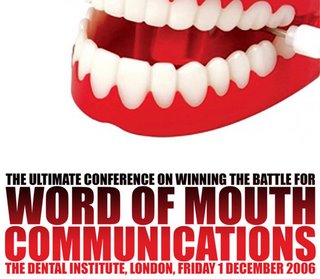Merry Christmas everyone
 The card above is believed to be one of the first mass-produced Christmas cards - dating back more than 160 years - and can be found among the extensive special collections of Bridwell Library at Southern Methodist University's Perkins School of Theology.
The card above is believed to be one of the first mass-produced Christmas cards - dating back more than 160 years - and can be found among the extensive special collections of Bridwell Library at Southern Methodist University's Perkins School of Theology.
The lithographed card caused a controversy in some quarters of Victorian English society when it was published in 1843 because it prominently features a child taking a sip from a glass of wine. Approximately 1,000 copies of the card were printed but only 10 have survived to modern times. Bridwell Library acquired its copy in 1982. The card was designed for Henry Cole by his friend, the English painter John Calcott Horsley (1808-1882). Cole wanted a ready-to-mail greeting card because he was too busy to engage in the normal custom of writing notes with Christmas and New Year's greetings to friends and family.
The card pre-dated color printing so it was hand-colored. The card is divided into three panels with the center panel depicting a family drinking wine at a celebration and the flanking panels illustrating charitable acts of feeding and clothing the poor.
Cole, who also wrote and published Christmas books, printed more cards than he needed so he sold the extra cards for one shilling each.
Widespread commercial printing of Christmas cards began in the 1860s, when a new process of color printing lowered the manufacturing cost and the price. Consequently, the custom of sending printed Christmas greetings spread throughout England.
Now we can just stick them on the internet… have a good Christmas.



























